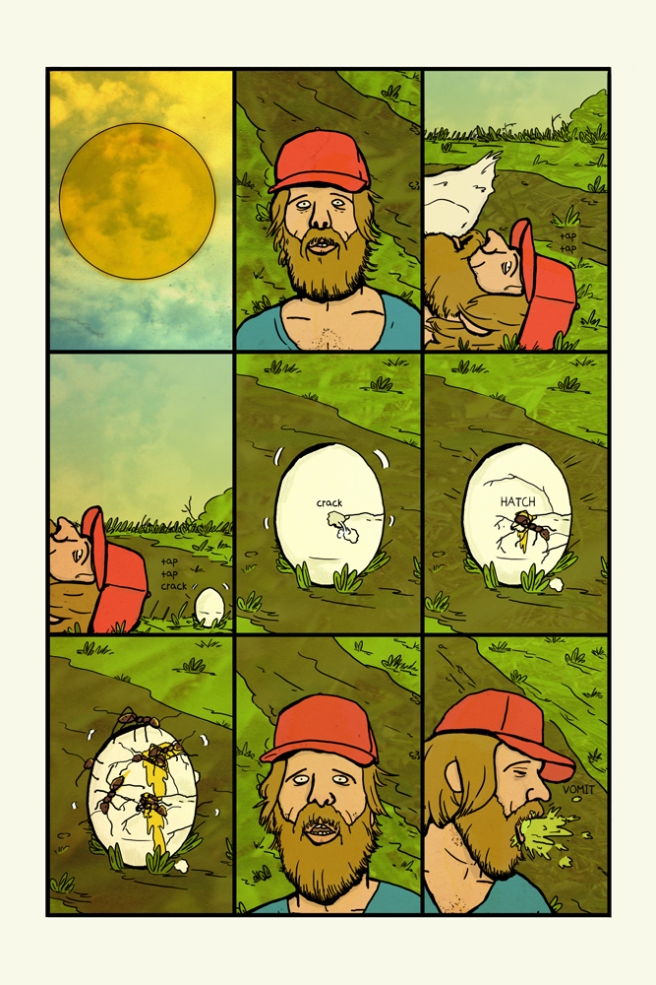Writers can be selfish about words. We hoard them, we cherish them; the best of us even abuse them. Our most fierce desire is for our words to hold some power. It is a known secret that words themselves hold no force; power is engineered by construction, by setting and moment.
In the recent past, swear words were deemed exceptional because of their inappropriacy. At present, there are people in the United Kingdom campaigning for the legal right to insult and be insulted. The existence of these laws is testimony to the lasting heritage of our shared language. In basic semiotic terms, a word is a signifier, pointing towards a signified. Together, the signifier and signified make a sign. When a signifier no longer points to a recognised signified, context is lost. Verbs like ‘fuck’ are the easiest prey for removal from context. ‘Fuck’ is a Swiss Army Knife, made for punctuating, stressing and stabbing into the audience’s attention. But ultimately, ‘fuck’ lost its shock value.
It is my fear that the term ‘rape’ is heading in a similar direction. Losing ‘fuck’ is no casualty for language. Its origins are in the sexual act, and sex should not be scandalised in a liberal age. Rape however, must be. Rape is a specific type of abuse. It is the most heinous assault that one human can inflict on another, both psychologically and physically.
Rape therefore, cannot be allowed to slip into a casual lexicon. The familiar term, ‘frape’ – short for ‘Facebook Rape’ – is harmless, but it perpetuates something far more sinister. It implies a culture that has come to terms with the concept and action of raping. Equating the violation of a human being with a juvenile prank has the potential to level off and nullify the signification of the initial term.
Rape is an action that goes mostly unreported, untreated and overlooked. I fear that the systematic usage of terms like ‘fraping’ can only accentuate this ghastly statistic. When a term is made acceptable, it becomes harder to take seriously. It becomes commonplace. It can become categorised as humour. The acceptance of rape cannot be allowed. It is not something that ‘just happens’. It is not something that begins and ends. Rape is both avoidable and preventable and is something that needs to be discussed and acknowledged in serious terms.
Online privacy is a miasma. Every tweet and status is a literature designed for sharing. This streamed generation of content is beyond mental filtering and comes at such an incessant barrage that it can be difficult to pick out any relevant information. This is doubly complicated where there are authorial issues. If one leaves their Facebook open, how can one be held responsible for their authorial title?
This article is not designed to condemn the action of ‘fraping’, nor does it expect to overhaul the mind-set of a liberalised generation of free speakers. Instead, I ask the reader to take responsibility for their words. Terms like rape are charged with a power beyond contextualisation. Rape cannot be rationally justified, and by abusing the term, you are unconsciously doing just that.



